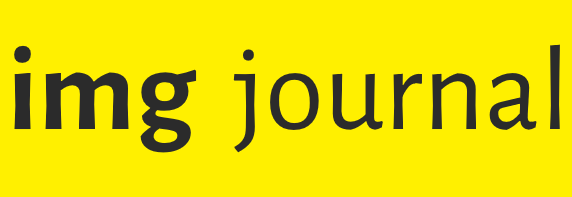CALL FOR PAPER issue 13 - AI and Synthetic Visual Cognition
Issue curator
Daniele Villa
The proliferation of AI-generated imagery marks more than a technological shift. It signals a profound transformation in the role of images as vehicles of knowledge, repositories of cultural memory, and catalysts for speculative thinking. What kind of visual knowledge do these synthetic images produce? What is their epistemic weight, and what are their risks? AI-generated images challenge the very idea of seeing as knowing. They blur the lines between representation and simulation, authorship and automation, vision and hallucination. In doing so, they question long-held assumptions within space-based disciplines, where visual thinking has been historically embedded in the act of making and constructing meaning itself. Can synthetic images still function as spaces for critical thought, or do they risk turning visual production into aesthetic consumption or stylistic pastiche? Moreover, in unprecedented ways, Artificial Intelligence disrupts and problematizes the style category itself, rendering its traditional coherence unstable. Are we witnessing the emergence of a new paradigm in which style becomes data-driven, normatively encoded, and globally homogenized? Does this mark the death of style as intentional cultural expression, or its radical redefinition as a form of algorithmic ecology?
AI-generated visuality is increasingly shaped by a paradoxical condition: what may appear as hyperreal is, in fact, hyporeal: not a blatant simulacrum that reveals its artifice, but a seductively flattened surface that dissimulates complexity through style: “Hyperrealism exposes the fact that reality, as we have become accustomed to seeing it, is itself the result of mechanical manipulation; in doing so, it openly displays its programmatic falsity. Hyporealism, by contrast, is deceitful precisely because it seeks to persuade us of its truthfulness, whereas Hyperrealism immediately makes it clear that it is telling lies. This is the crucial difference between the two.” (Eco, U. 1985, Sugli specchi ed altri saggi)
These far-reaching questions move beyond the mere technicalities of image production and confront visual culture's educational, ethical, and epistemic dimensions. Can synthetic visual cognition still sustain design as inquiry? How do we critically engage with images that increasingly bypass authorial control and human fallibility? Does AI introduce a new picturesque, where verisimilitude is no longer about reality but aligning with pre-digested aesthetic tropes optimized for visibility and consumption? This issue seeks contributions that engage critically with the complex entanglements between AI, synthetic visual cognition, and knowledge-making. We invite scholars, designers, educators, and theorists to critically explore how AI-generated images reflect and actively reshape how we see, know, and imagine.
We particularly (but not exclusively) welcome submissions that interrogate:
• Synthetic Visual Cognition: towards new regimes of seeing, interpreting, and inhabiting algorithmically generated images
• Hyporealism, simulacra, and the politics of AI-generated images
• Visual thinking and knowledge-making in an era of automated image synthesis
• The algorithmization of style: from authorial expression to normative aesthetics
• The picturesque revisited: familiar tropes and visual comfort in synthetic landscapes
• Deepfakes, déjà-vu, and collective memory: how AI images shape perception
• Pedagogical challenges: teaching visual literacy and critical seeing in the age of AI
Key dates
Full article submission: 28 August 2025
Full article acceptance: 31 September 2025
Publication: 30 October, 2025
How to send contributions
Instructions for sending abstract and full paper are available on http://img-journal.unibo.it
Before submitting contributions, please pay attention to the author guidelines available HERE




